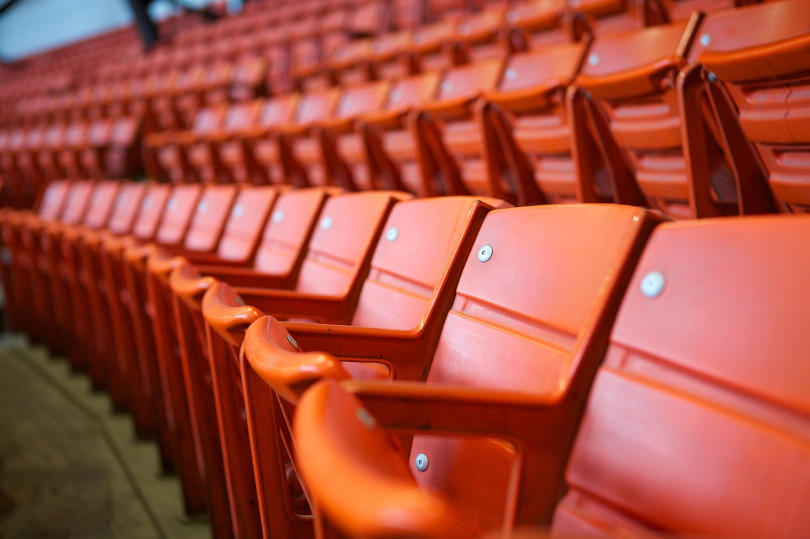One of the year’s most contentious debates in the District seemed to be settled on August 1, when the DC Council approved the landmark deal to bring back Washington football. In a 9-3 vote, the Council gave the green light to the $3.7 billion deal that would redevelop the defunct RFK Stadium to once again host Washington Commanders games. This initial clearance is a huge victory for those who’ve supported the stadium from the start, like Mayor Muriel Bowser and Commanders owner Josh Harris. Still, a second and final vote on September 17 is required to fully activate the plan.
Prior to the vote, Bowser and the Council struggled to see eye to eye on how best to manage the deal. The original plan, which was included in the mayor’s official budget, was criticized by several councilmembers and the community for not being sufficiently centered on benefits for the city. It was criticized as being designed to pass through the legislative process as quickly as possible with little room for negotiation or alteration. The Council responded by proposing city-centric amendments meant to put DC—rather than the Commanders—first, including provisions for greater community benefits and shares of team revenue.
But none of this—neither Bowser’s plan nor the Council’s counterproposal—did much to appease the DC residents rallying against the stadium’s construction. Two community organizations, No Billionaire’s Playground and Homes Not Stadiums, are alike in their staunch opposition to a stadium deal of any kind. Both argue that the funds and land that the plan reserves for stadium development should instead go toward the construction of affordable housing, an asset the city is sorely lacking. They also accuse the Commanders and local government of merely pretending to value community input on the deal. There’s considerable credence to this, most notably when considering that the August 1 vote took place only two days after the Council heard public testimony on July 29 and 30.
These organizations and the residents supporting them view Bowser’s and certain councilmembers’ eagerness to get the deal done as a sign of misarranged priorities within local government. While Bowser has repeatedly asserted that the stadium’s hypothetical ends—job creation, revenue, and the return of Washington football—will justify the means, her opponents aren’t so sure. For them, the District’s desperate need for greater community investment makes plain that the proposed deal’s bad outweighs its good.
While the prospect of bringing the Commanders back home is attractive, the idea of the DC government prioritizing business opportunities over citizens is extremely alarming. This type of arrangement is, in fact, the exact cause of gentrification, an issue especially relevant to the District. And while we’re on the topic of gentrification, it’s worth noting that the construction of expensive sports arenas has a history of accelerating it. We needn’t even leave the city to find an example—Chinatown’s Capital One Arena priced many of the area’s Chinese residents out of town.
Stadium or no stadium, Mayor Bowser and the DC Council must put residents first. We all love the Super Bowl, but don’t we love housing more?
Featured image by Larry White from Pixabay.


